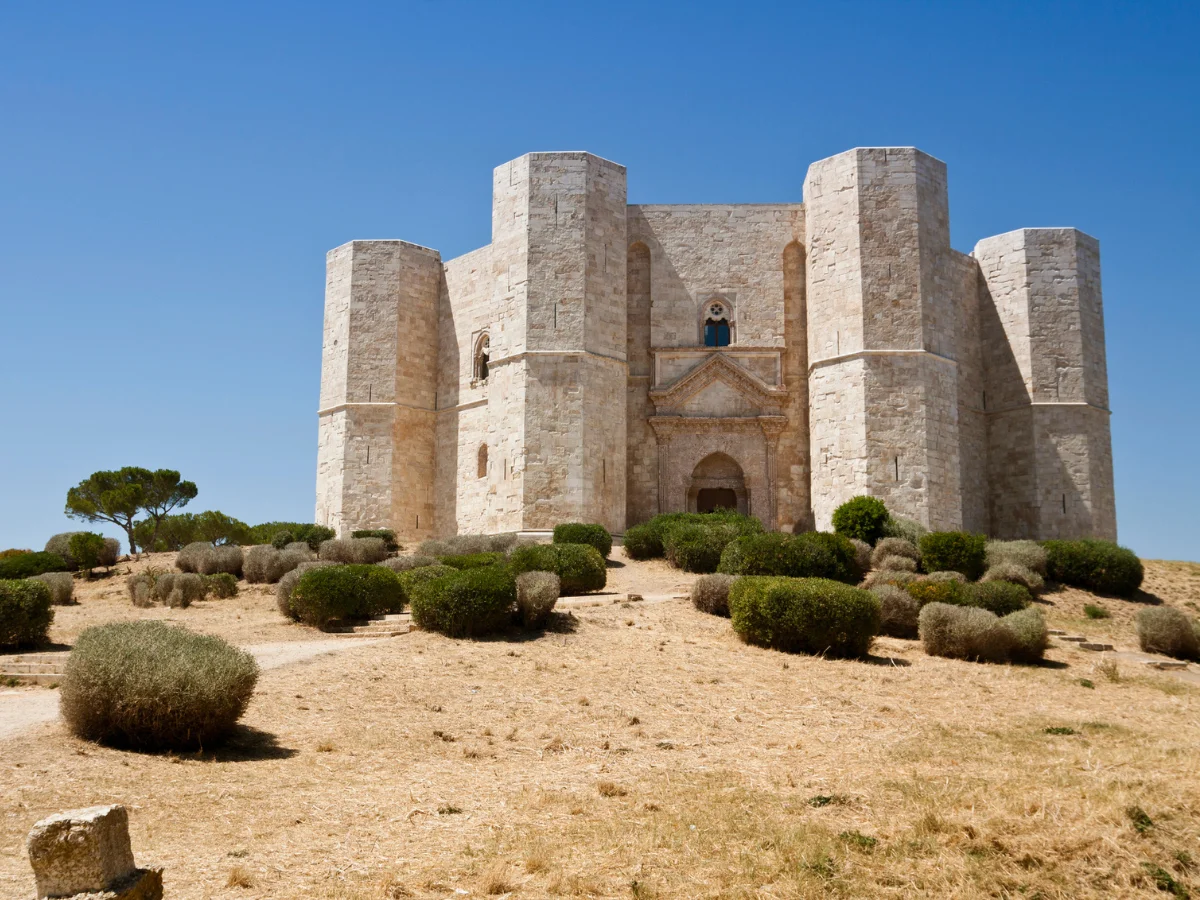The Imperial Academy
The Imperial Academy, established by Emperor Hadrian, was a pivotal institution in ancient Rome, fostering intellectual pursuits and education among the elite. Through scholarships and renowned scholars, it ensured accessibility to education regardless of socio-economic status. The curriculum encompassed diverse fields, including philosophy, law, and the arts, preparing students for various careers. Intellectual discourse and debate thrived within its walls, shaping Roman culture and society. Beyond the empire, its legacy endured, influencing educational institutions in subsequent civilizations.

Ancient Rome: The Imperial Academy
Patronage of Education in Ancient Rome
Introduction
The Imperial Academy, established in the 2nd century AD under Emperor Hadrian, represented a significant development in the patronage of education within the Roman Empire.
Founding and Purpose
Emperor Hadrian founded the Imperial Academy with the aim of promoting higher education and cultivating intellectual pursuits among the Roman elite.
Structure and Organization
The Imperial Academy was structured similarly to other academic institutions, with departments dedicated to various fields of study, including philosophy, law, rhetoric, and the arts.
Scholarships and Endowments
The Imperial Academy offered scholarships and endowments to promising students, ensuring that education was accessible to those with talent and potential, regardless of their socio-economic background.
Renowned Scholars and Teachers
The Imperial Academy attracted renowned scholars and teachers from across the empire, who imparted their knowledge and expertise to the next generation of Roman intellectuals.
Curriculum and Instruction
Students at the Imperial Academy received instruction in a wide range of subjects, including literature, philosophy, mathematics, and natural sciences, preparing them for careers in government, academia, and the arts.
Intellectual Discourse and Debate
The Imperial Academy served as a forum for intellectual discourse and debate. There students and scholars engaged in discussions on various philosophical, political, and ethical issues of the time.
Cultural Influence
The patronage of education by the Imperial Academy had a significant impact on Roman culture and society. Fostering a climate of intellectual curiosity and innovation.
Legacy
The legacy of the Imperial Academy endured beyond the Roman Empire. Influencing educational institutions and intellectual traditions in subsequent civilizations.
Conclusion
The Imperial Academy, under the patronage of Emperor Hadrian, played a crucial role in promoting education and intellectual pursuits within the Roman Empire. Through scholarships, renowned faculty, and a diverse curriculum, it contributed to the intellectual and cultural vibrancy of Roman society. Its legacy continues to resonate in the history of education and scholarship, underscoring the importance of patronage in fostering intellectual advancement.



